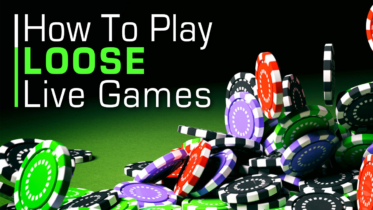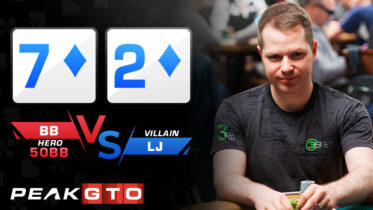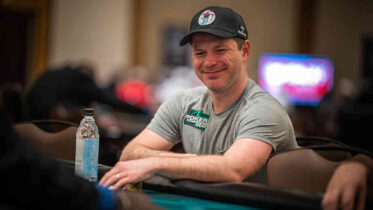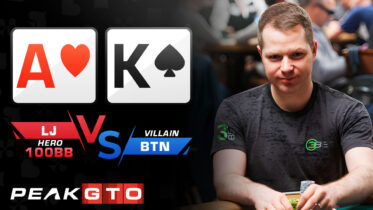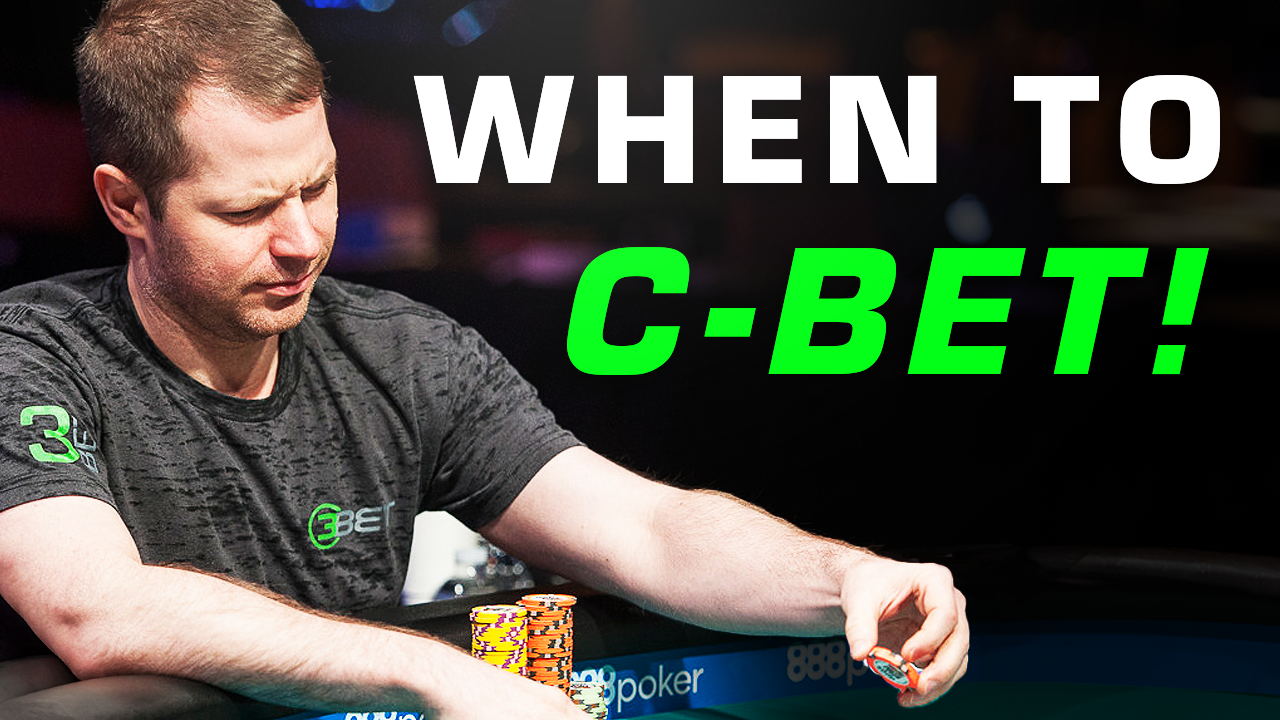If you want to be a real shark on the felt and not get outnumbered by the rest of the ‘fish’ at the table, get to know different strategies and when to adopt the correct persona for each situation. The key to beating the game is adjusting your strategy and not allowing your ego to get in the way. Sure, you’ve got game—just don’t get caught up in asserting yourself.
General Strategies For Different Settings
It’s important to recognize that live and online poker use different strategies and aren’t fully transferable without adjustment. Most online poker is shorthanded while live is nine or 10 handed. Learn to master the game in any arena, and get in the money faster.
Full Ring: Focus On Playing Good Cards + Good Spots (Selective Aggression)
It’s difficult to run over a full ring table. Everyone has a deep stack, and the odds are high that someone was dealt a great hand, like aces. You’ll make your money by having a better hand selection than your opponents and knowing when to play your good cards.
Shorthanded: Focus On Playing The Players (Relentless Aggression)
Shorthanded play doesn’t involve as many premium hands, so it’s easier to run the table if you play strategically. Focus on who you’re playing against and implementing a relentless aggression strategy. You don’t want to be a one-trick pony, so develop your dimensions and switch up your strategy.
The Best Strategy
Play The Opposite Strategy Of Everyone Else
The best strategy is the opposite of what your opponents are doing. If the table is playing weak tight, then implementing a loose aggressive strategy is your best option. If, however, the table is playing a loose-aggressive strategy, your best bet is to play tight-aggressive. This will mean playing fewer hands. You’ll make your money when you’ve got it from your value bets or from bluffing your opponents into folding when you don’t.
If Players Fold Too Much – Focus On Bluffing (Fold Equity)
Using the opposites theory, if the table folds too much postflop, focus on bluffing and semi-bluffing using your fold equity.
If Players Call Too Much – Focus On Value Betting (Pot Equity)
If on the other hand, players can’t fold top pair or overpair, then you’ll make your money off of good value bets. Press your pot equity; which means waiting until you’re sure you have the best hand and then hammering away. If people can’t fold their marginal hands and you can be patient, you’ll get a huge payout on your big hands. Play as many cheap flops as possible while you wait for the right drawing hands before you go balls to the wall.
Adjustments For Loose-Passive Games
Embrace Your Opponents Predictability
Your opponent’s predictability is a dream scenario. It doesn’t get much easier when everyone’s cards are face up or when they react exactly how you want them to based on your bet. Remember, it’s not about winning every pot you enter because you’ve got the ultimate preflop hand; it’s about making the best decisions based on the cards.
Want To Build A Pot? Raise Small
If you want to build the pot and set yourself up for a bigger payoff, then invite the callers. Peak their interest in a pot more than five big blinds in size.
Want To Isolate? Make It Massive
If you want to get serious then play heads-up. Jack it up to 10 or even 20 times the big blind. This will serve a dual purpose; it’ll knock out your opponents preflop (what you want) then you hit the callers with a “normal raise amount” after the flop. Facing a larger, more intimidating continuation bet, they won’t want to tango.
Make Cheap Investments For Major Payouts
You won’t feel like you won a small pot with your continuation bets because 40 to 60 big blinds is pretty big, so get into the action with the right hands.
Playing Loose Live Games
To be a shark, don’t let your ego guide you so that the rest of the table takes you down. Instead, take the time to learn different strategies for a more flexible live game.
